Autoimmune Skin Disease In Dogs
Autoimmune skin disease in dogs. Among such diseases autoimmune dermatologic immune mediated diseases represent some of the most interesting and challenging problems seen in veterinary dermatology. However dogs of all ages are at risk. Systemic autoimmune disease refers to a number of autoimmune diseases in which a dogs immune system begins to fight itself and its own protective antibodies attacking its cells organs and tissues.
PF is often observed in middle-aged and older patients. Ringworm is a fungal skin disease that in dogs is caused by Microsporum canis 70 Microsporum gypseum 20 and Trichophyton mentagrophytes 10. Symptoms of Systemic Autoimmune Disease in Dogs Symptoms may vary widely depending upon the location of the immune complexes.
Some of the most common autoimmune skin diseases affecting dogs include. Autoimmune dermatoses targeting melanocytes have gained attention in human medicine due to their progressive nature and the social impact suffered by affected individuals. Pemphigus Foliaceus PF Pemphigus Foliaceus is the most common autoimmune skin disease in dogs and cats.
IMT belongs to the autoimmune disease family headlined by lupus hypothyroidism and immune-mediated hemolytic anemia IMHA. Pemphigus foliaceus typically causes hair loss scabs and ulcers open sores around the head face and ears. Uveodermatologic syndrome is one such autoimmune disorder known to affect dogs.
Sporotrichosis is a fungal disease caused by. In veterinary medicine vitiligo and the uveodermatological syndrome are the two autoimmune diseases that are known to affect skin melanocytesIn the first part of this article we will review the signalment clinical signs histopathology and the treatment outcome of vitiligo in dogs cats and horses. In veterinary medicine vitiligo and the uveodermatological syndrome are the two autoimmune diseases that are known to affect skin melanocytes.
If this sounds pretty serious thats because it is. One of the more frequently encountered autoimmune skin disorders of dogs is discoid lupus erythematosus. Autoimmune-mediated hemolytic anemia AIHA also called immune-mediated haemolytic anemia IMHA is a disease in which a dogs immune system attacks his red blood cells causing anemia.
Where pertinent we compare the animal diseases to their human homologue. For instance pemphigus foliaceus PF and discoid lupus erythematosus DLE are frequently occurring immune mediated skin diseases.
Typical signs in dogs include hair loss and scaly skin.
Among such diseases autoimmune dermatologic immune mediated diseases represent some of the most interesting and challenging problems seen in veterinary dermatology. Some of the most common autoimmune skin diseases affecting dogs include. Pemphigus foliaceus typically causes hair loss scabs and ulcers open sores around the head face and ears. A combination of niacinamide and tetracycline was used to treat 31 dogs with various autoimmune skin diseases discoid lupus erythematosus pemphigus foliaceus pemphigus erythematosus and bullous pemphigoid. In patients with this disease lesions can start as areas of depigmentation or erythema on the nasal planum FIGURE 8 or footpads FIGURE 9 that slowly progress to loss of the normal cobblestone appearance as plasma cells take over and actually push structures apart. IMT belongs to the autoimmune disease family headlined by lupus hypothyroidism and immune-mediated hemolytic anemia IMHA. In various ways autoimmune disease in. Where pertinent we compare the animal diseases to their human homologue. One of the more frequently encountered autoimmune skin disorders of dogs is discoid lupus erythematosus.
IMT belongs to the autoimmune disease family headlined by lupus hypothyroidism and immune-mediated hemolytic anemia IMHA. Autoimmune-mediated hemolytic anemia AIHA also called immune-mediated haemolytic anemia IMHA is a disease in which a dogs immune system attacks his red blood cells causing anemia. Sporotrichosis is a fungal disease caused by. A combination of niacinamide and tetracycline was used to treat 31 dogs with various autoimmune skin diseases discoid lupus erythematosus pemphigus foliaceus pemphigus erythematosus and bullous pemphigoid. One of the more frequently encountered autoimmune skin disorders of dogs is discoid lupus erythematosus. Pemphigus Foliaceus PF Pemphigus Foliaceus is the most common autoimmune skin disease in dogs and cats. PF is often observed in middle-aged and older patients.



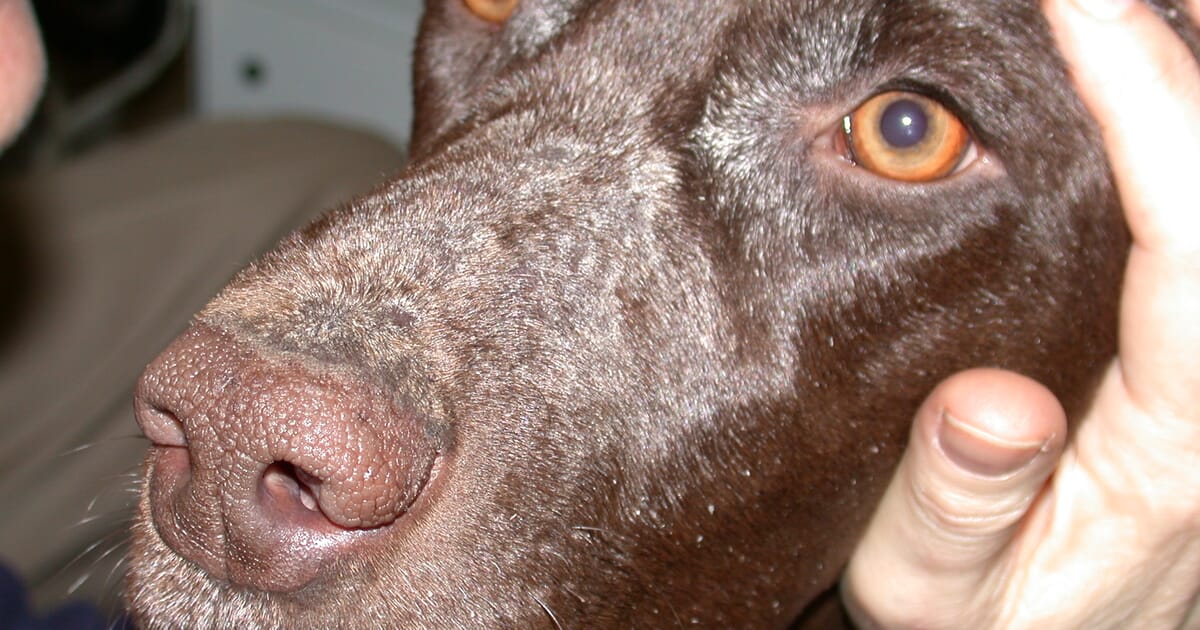

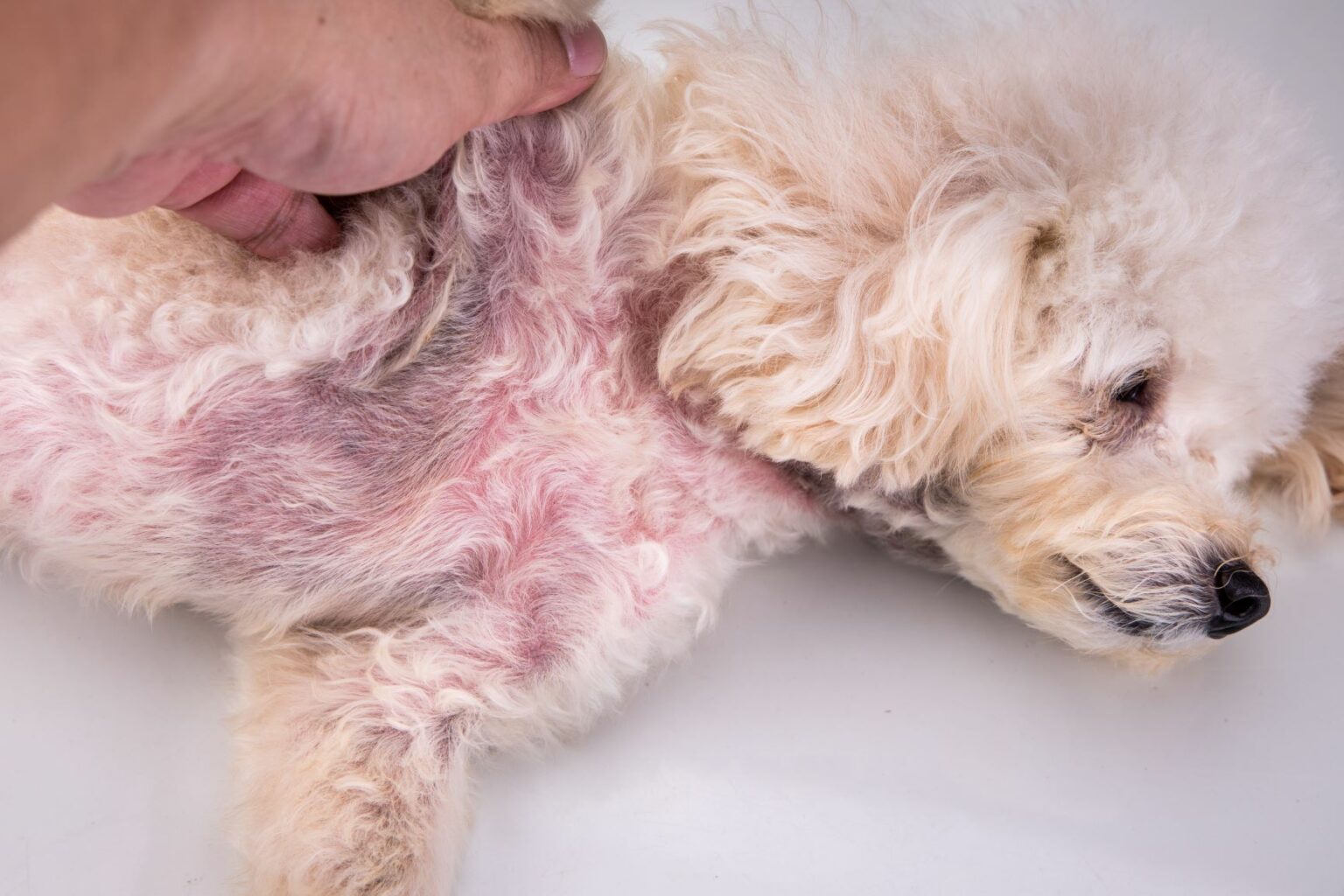
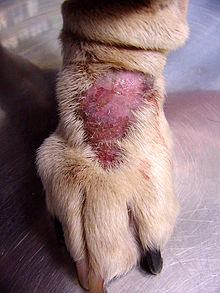

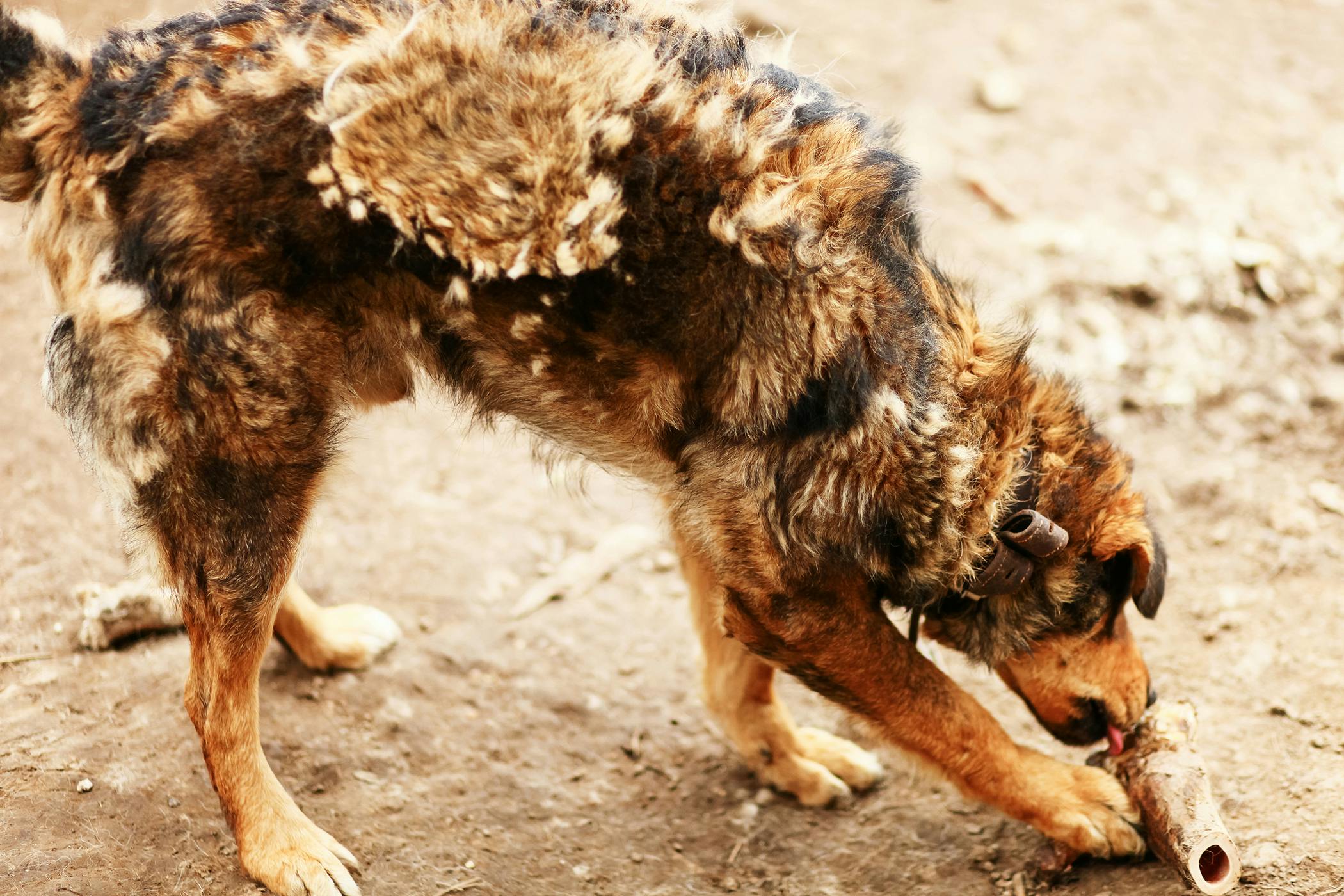

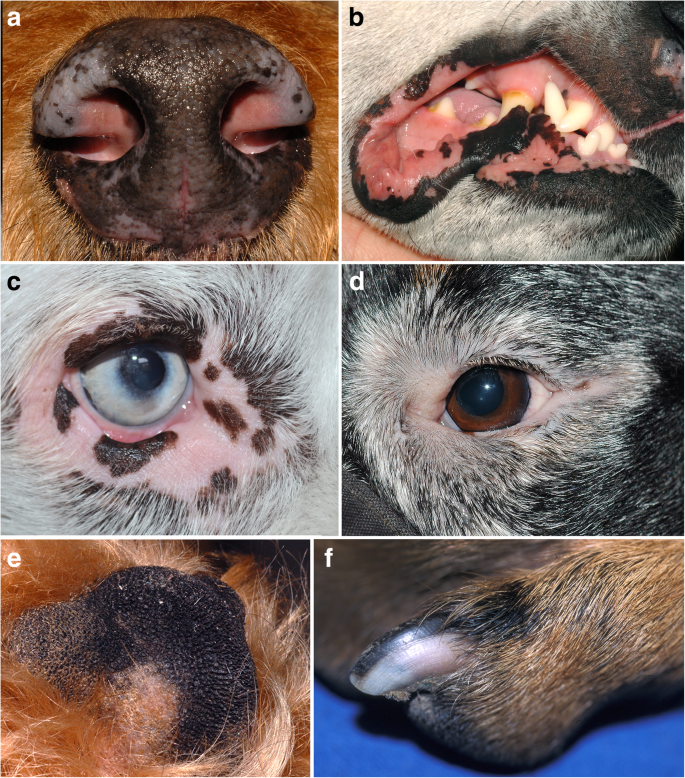

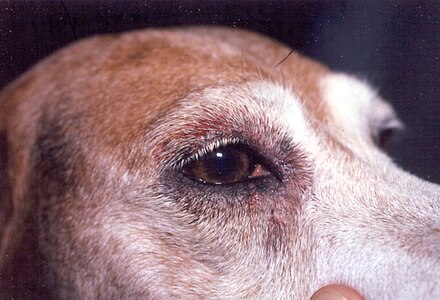






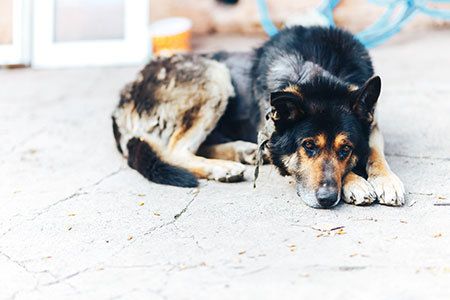

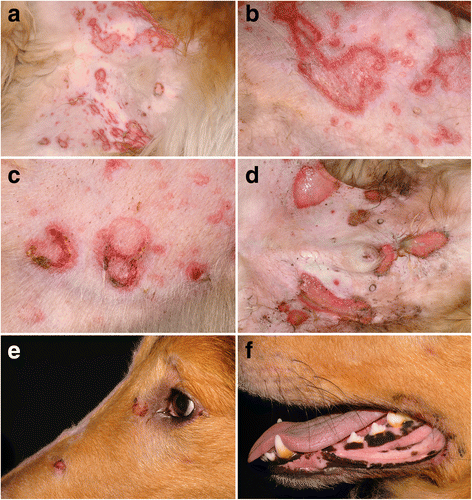

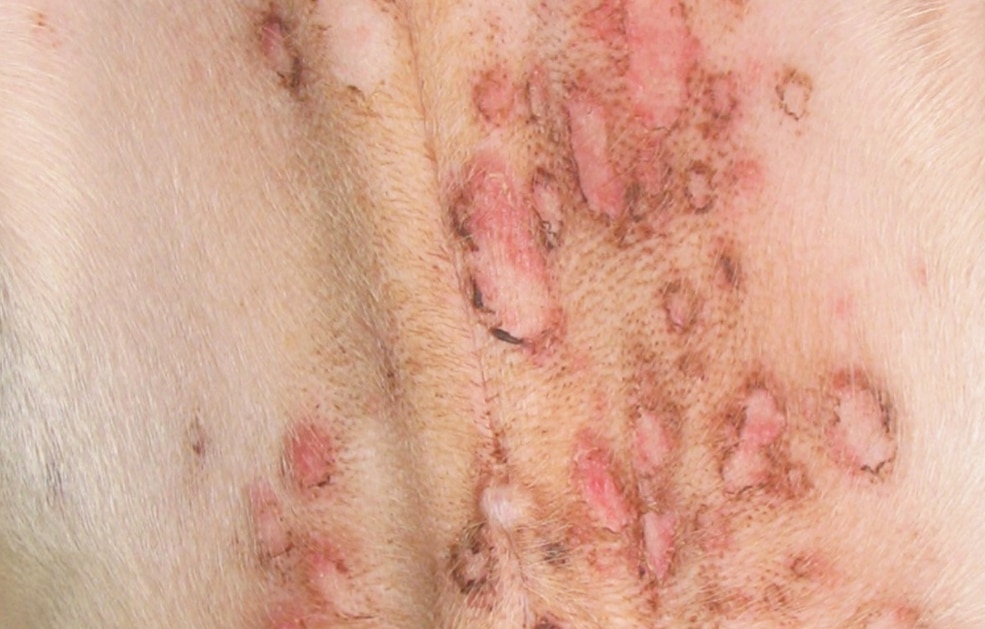

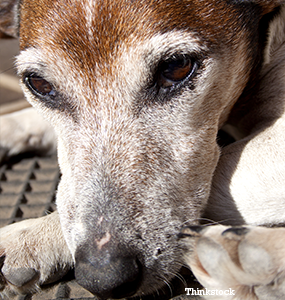








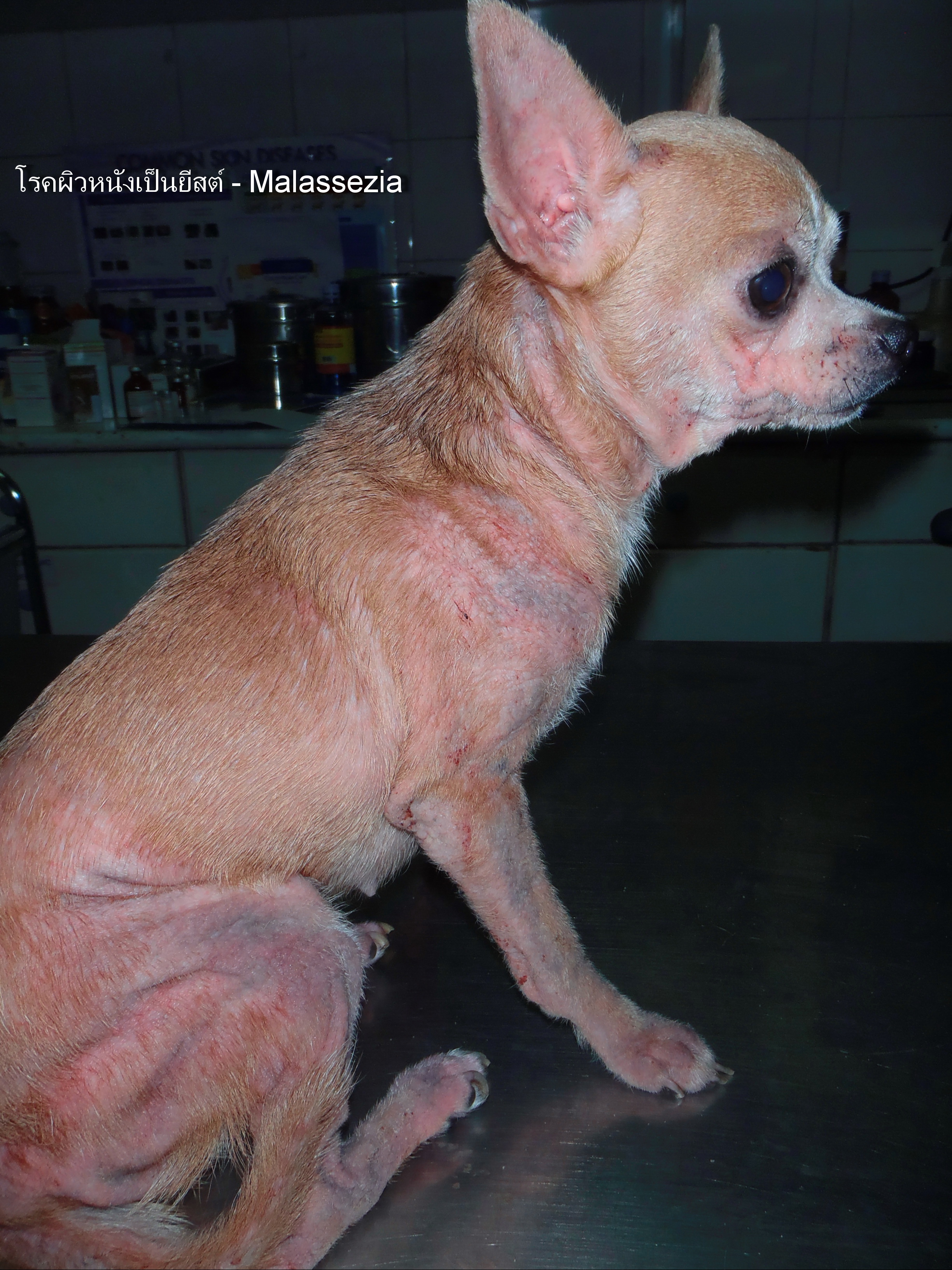




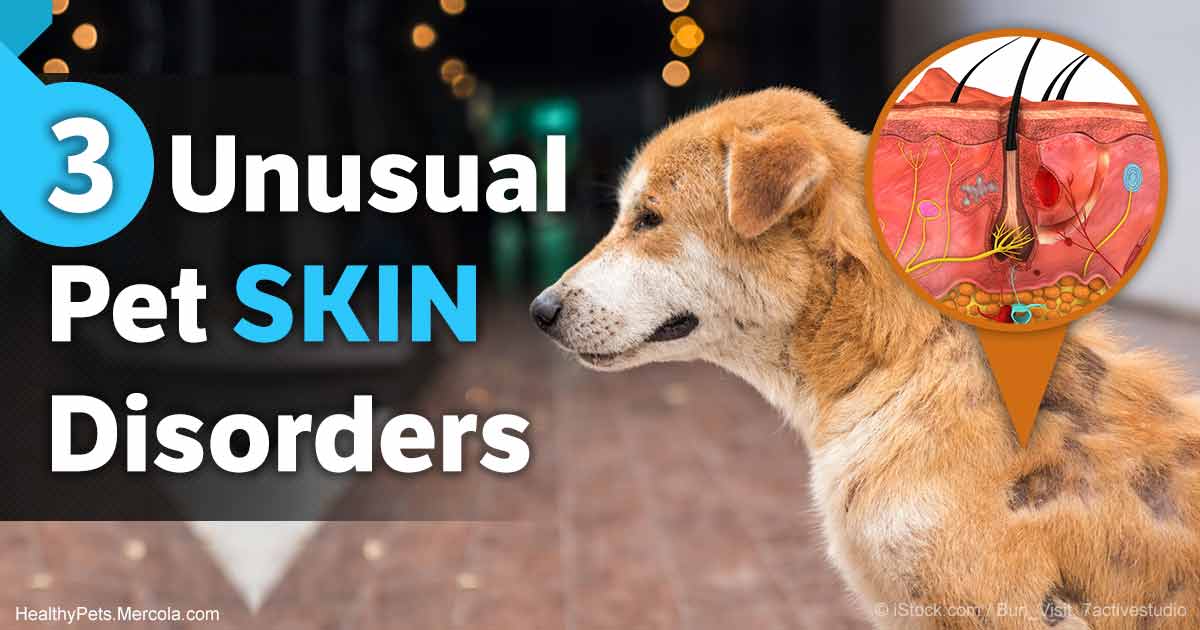





Post a Comment for "Autoimmune Skin Disease In Dogs"